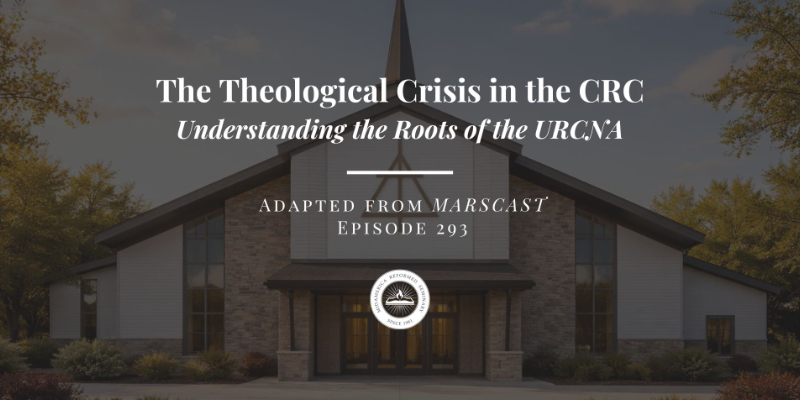
Stewards of the Gospel
“This is how one should regard us, as servants of Christ and stewards of the mysteries of God. Moreover, it is required of stewards that they be found trustworthy.” 1 Cor. 4:1-2
Of all the Scriptural passages that speak to the task of a minister of the Word, my favorite go-to passage is 1 Corinthians 4:1-5. When I sustained my ordination examination at Classis Southern California in 1982 (a few years ago!), the chairman of classis impressed this passage upon my conscience. It has lived with me ever since.
The main theme of this passage is that the minister, as a servant of Christ, is a steward. In some ways, this is the most basic description of a pastor’s identity. For that reason, John R. W. Stott, in his fine book, The Preacher’s Portrait, gives his attention to this description of a minister before others like “herald,” “witness,” “father,” and “servant.”
The occasion for the apostle Paul’s instruction to the Corinthian church as to how they ought to regard those who minister the Word was an unseemly division within the congregation. Some were saying, “I follow Paul,” or “I follow Apollos,” or “I follow Cephas” (1 Cor. 1:12). They were quarreling among themselves as to whom among these ministers of the Word was the greatest.
Against this background, Paul reminds them that ministers are merely “servants” of Christ, their Master. In comparison to Christ, they amount to little. Indeed, he goes so far as to say that “neither he who plants nor he who waters is anything, but only God who gives the growth” (1 Cor. 3:7). That’s quite a sobering reminder to any minister or student who aspires to the ministry. Don’t forget that the gospel of Christ and the God whom you serve are everything. You are nothing more than a lowly servant whom God is pleased to use to accomplish His purposes.
In the world of the New Testament, the position of a steward was well-known. Stewards were household managers authorized by the master and owner of the household to exercise authority on his behalf, dispensing his goods to all the household’s members. Thus, in 1 Corinthians 4:1-2, the apostle Paul encourages the Corinthians to regard their ministers as trustees to whom God has given His “mysteries,” that is, the good news concerning Jesus Christ and His saving work (cf. 1 Cor. 2:7). They are custodians of the joyful message of the gospel that is summed up in His cross and resurrection “according to the Scriptures” (1 Cor. 15:3-4).
After identifying the office of a minister as that of a steward, Paul underscores the one requirement that sums up his calling: he must be a “trustworthy” or “faithful” minister of the gospel Word that has been entrusted to him. Roughly translated, Paul says: “In this connection, then, what is sought after is that they be found faithful.” The one thing needful or indispensable to the work of a steward is that he convey the gospel message to his hearers just as he received it. As Calvin puts it: “They hand over to men, ‘from hand to hand’ as we say, not what suits their own taste, but what the Lord has committed to their charge.”
Because a minister is a servant of Christ and a steward of the gospel entrusted to him, the apostle Paul concludes the opening section of 1 Corinthians 4 with a focus upon who ultimately takes the measure of their work. If a minister is God’s trustee, he will not ultimately be examined by others, even by himself, but by the One who entrusted him with his calling. There will be assessment of his stewardship, but the assessment that finally matters is the one given by God Himself. A judgment upon his faithfulness will be given and “then each one will receive his commendation from God.”
There is much in this for us to ponder, whether as Christians, as ministers, or as students who are preparing for the ministry. Do we have a proper view of the minister and his calling? Do we who are ministers know to Whom we are ultimately accountable in the ministry? For those who teach seminary students, we are obliged not only to acquaint our students with the “mysteries” of the gospel Word but also to impress upon them the awesomeness of the task to be faithful to the trust given them. In your prayers for the on-going work of Mid-America, then, make it your priority to pray that we will “keep the faith” (1 Tim. 4:7).

Dr. Cornelis Venema serves as the President of Mid-America Reformed Seminary and Professor of Doctrinal Studies.
Recent articles




